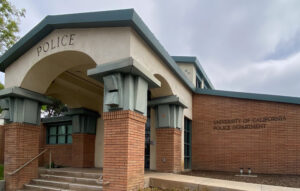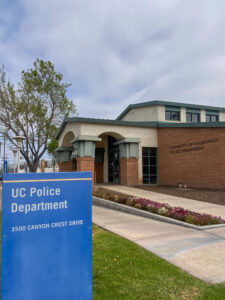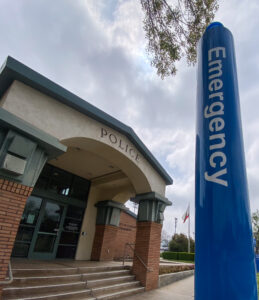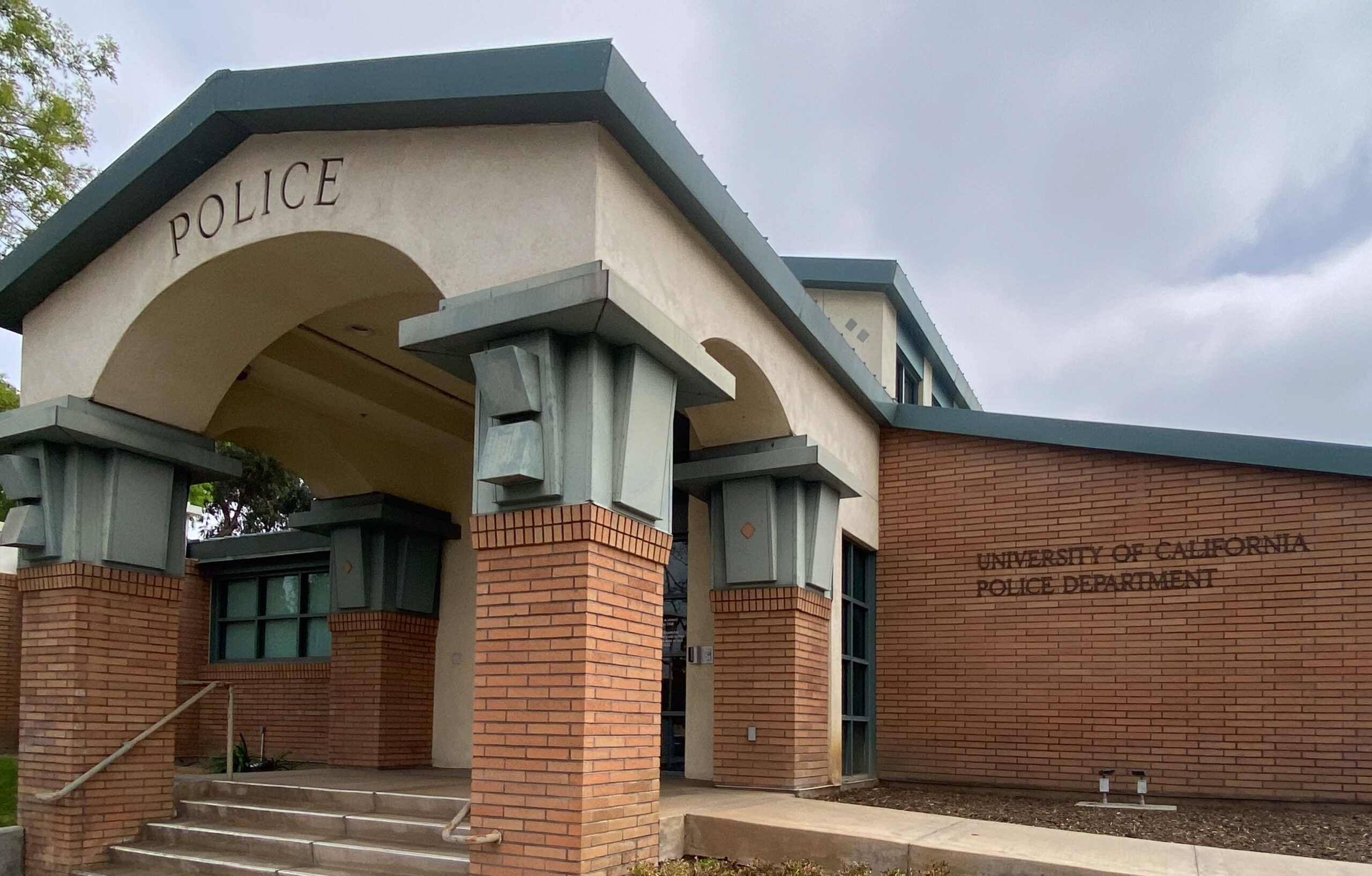
Parents of UC Berkeley students recently launched a test run of private security patrols on campus-adjacent areas due to growing concern over students’ safety. The parent organization, Safe Bears, has been advocating for improved campus safety measures, and this most recent action received a lot of attention and some backlash. The organization was founded after a shooting that left four shot and one dead in October 2022. After a few publicized carjackings and an incident involving a gun in February 2024, concerns for student safety grew. While parent concerns arecertainly valid, it’s questionable whether this effort did much to improve the safety of students or if it was the best way to improve campus safety.
Safe Bears spent upwards of $40,000 to hire private security officers from March 6 to 23 that patrolled from 6:30 p.m. to 3:30 a.m. These “safety ambassadors” underwent criminal background checks and a minimum of 32 hours of security officer training. They carried no “defensive equipment” such as pepper spray or handcuffs. The lack of ability to show force is concerning because it is unclear how these “safety ambassadors” would be able to protect students in actuality.

University officials and members of the campus community have expressed frustration at the existence of this program. A law professor at Berkeley, Jonathan Simon, told the San Francisco Chronicle that the program “seems more like a stunt than study.” In many ways, Simon was correct. Safe Bears President Sagar Jethani has stated, “We want to, frankly, turn up the heat with the administration … We want to show that we’re not content to just wait forever to have these safety ambassadors deployed.” Their goal is to pressure UC Berkeley to implement a similar program and use this as an opportunity to publicize their concerns by spreading awareness.
Outside of this specific program, Safe Bears advocates for a more visible security presence, fences around student housing, expanded hours for dorm security, discounted rideshares after dark, better use of security cameras, a dedicated security fund, better lighting near student housing and safety training for students. These parents are right to want a safer learning and living space for their children, especially when there have been increases in reported crime on and near campus. Robberies and aggravated assaults increased somewhat, while reports of vehicle theft grew from 81 to 307 from 2021 to 2022. Off-campus violent and property crimes increased from 7,201 in 2022 to 7,960 the following year.
Additionally, Berkeley’s Warn Me system received much attention after the shooting on Bancroft Street in February 2024 after it took 40 minutes for UCPD to send a Warn Me alert about the incident. Warn Me was implemented in order to comply with federal law, specifically the Clery Act. Campuses must do more than adhere to the Clery Act, which requires colleges that receive federal funding to “annually compile and report specific crime and fire statistics for the university campus.” It also demands that schools have emergency response programs and that it notify the community of emergency situations, among other things. The system that alerts the campus community of danger and protects them needs to be faster than 40 minutes because the consequences will not be abstract, and they will not be little.
UC Berkeley has failed many times to meet the standards of the Clery Act and protect its community. Cal was fined over $2 million for Clery Act violations in 2020 and misclassified over 1,000 incidents that largely involved liquor, drug and weapons violations over a six-year period. The Warn Me system was an effort to comply with federal law, but the system is still unacceptably flawed and needs significant improvement.

The Clery Act’s disclosure requirements help improve campus safety on a huge scale by helping students and applicants understand and prepare for campus life. They are also essential to allow advocates for public safety, like Safe Bears, to hold their institutions accountable. UC Berkeley and all other universities need to comply with the requirements. UC Riverside’s Chief Compliance Office has done a decent job of maintaining compliance regarding reports and the accessibility of those reports, and that will hopefully continue.
However, campus safety at UCR leaves something to be desired. Campuses like UC Riverside need to make the effort as well by ensuring that the Blue Emergency Call boxes are always working and increasing the effectiveness and availability of the campus escort service. Every student should have the UCPD phone number saved in their personal phone. Self-defense education should be expanded and made more widely available or compulsory.
While Berkeley needs to do more to ensure campus safety, it is unclear how beneficial Safe Bear’s program was in protecting students and pushing the university on campus safety. While some students might feel safer, there’s a difference between feeling safe and actually being safe. There are some very real concerns about the ability of the “safety ambassadors” when it comes to experience and training. Thirty-two hours of training is insufficient and unacceptable, especially when they don’t have the latitude or equipment to intervene in an altercation of any kind.
The addition of six “safety ambassadors” to patrol assigned campus-adjacent zones is not the kind of deterrent that the community needs. These campus officers are also not looped in with UCPD or any campus security entity, operating independently of actual campus security protocols. Not being linked with the university makes this program even more obsolete.
The UCs should work to add more surveillance cameras, grow campus escort services and many other campus security efforts. Spending more than $40,000 on what amounted to a publicity stunt might be a waste of money compared to increasing funding for lasting and effective security. Hopefully, this will lead to meaningful change and administrative action rather than platitudes and dismissal.








